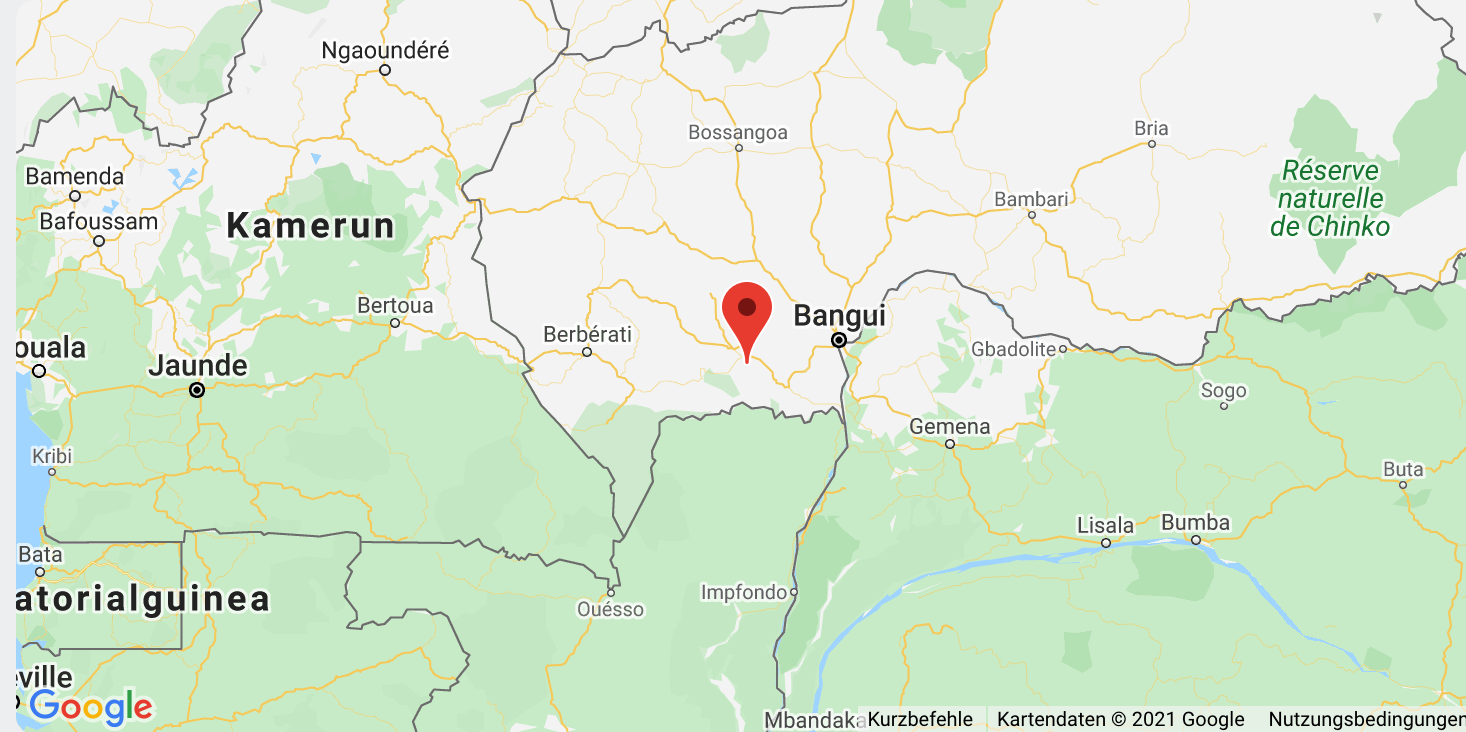Why we are needed
FAIRMED is the only organization committed to the health of the region's desperately poor. Since the outbreak of civil war in 2013, the Lobaye prefecture in the Central African Republic has seen repeated violent clashes and the already weak healthcare system has largely collapsed. As a result, neglected tropical diseases such as worm diseases, leprosy, elephantiasis, yaws and Buruli ulcer, which often lead to serious disabilities and even death if left untreated, have found a fertile breeding ground. This situation hits the indigenous Aka - who mostly live in the middle of the jungle - particularly hard. The Aka are openly discriminated against and have no access to health due to their poverty and the remoteness of their widely scattered settlements.
«Health and peace»
As is usual for FAIRMED, this project was also named by the local people and the name shows what they want most. Because “Seni na Siriri” translates as “Health and Peace”.
How we work
In total, our work is improving the health of 260,000 people in the two districts of Mbaiki and Boda in Lobaye Prefecture. This includes tens of thousands of aca, mothers, children, pregnant women, people with disabilities and people affected by neglected tropical diseases. One of the ways we achieve this is by providing women with medically assisted births and pre- and post-natal check-ups. We also ensure that health workers receive training in the early detection and treatment of diseases of poverty such as leprosy and elephantiasis. And we ensure that all people who fall ill or have an accident can reach a health facility that is equipped with the necessary medical supplies (e.g. medicines).
Would you like to learn more about how we work?
Do you have questions on the project?
If so, Vanessa Konaté, our project manager for Cameroon and the Central African Republic, will be happy to help. You can reach her by e-mail at info@fairmed.ch.
Your donation helps
Every donation, regardless of its amount, is valuable and is used by us worldwide to improve the health of the poorest.

